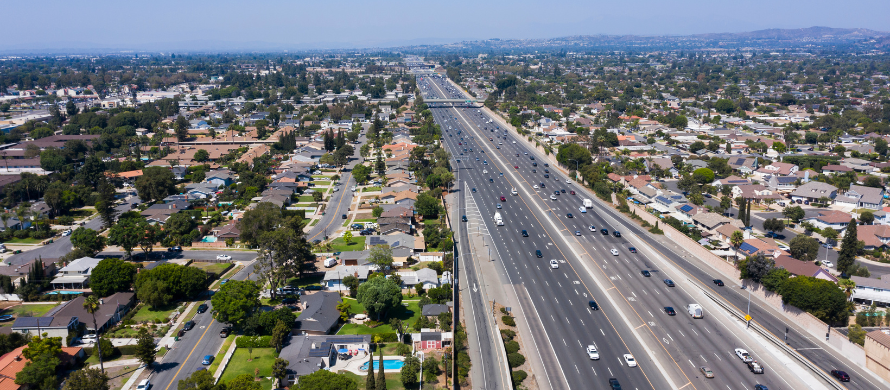1. Broken Garage Door Springs
Garage door springs play a critical role in supporting the door's weight and assisting in its movement. Over time, the constant tension and wear can cause these springs to break or wear out. Spring breaks can prevent your garage door from opening or closing properly, causing it to get stuck midway. Broken springs also pose a safety risk, as they can cause the door to fall suddenly, potentially leading to injury or further damage. It’s essential to have springs replaced as soon as they show signs of wear to ensure smooth and safe operation.
2. Noisy Garage Door
A noisy garage door is more than just a nuisance—it can signal deeper mechanical issues. If your garage door makes excessive noise when opening or closing, it may indicate worn-out parts like rollers, bearings, or tracks. Loose hardware or poorly aligned components can also contribute to a loud, disruptive operation. Insufficient lubrication on moving parts can cause friction and create a squeaky or grinding sound. If your garage door is unusually noisy, having it inspected and repaired is a good idea before the noise becomes a more costly problem. Regular maintenance and lubrication can help prevent these issues from escalating.
3. Unresponsive Opener
When your garage door opener fails to respond, it can be incredibly frustrating, especially if you're in a hurry. Several issues could cause this problem, ranging from simple to complex. Dead batteries in your remote or wall-mounted keypad are the most common culprits. However, if the opener is still unresponsive, the issue could be with the sensors that communicate with the opener. Misaligned or dirty sensors may prevent the door from functioning correctly. Additionally, a malfunctioning motor or damaged wiring could lead to a complete failure of the opener. If your opener is unresponsive, our team can quickly diagnose the issue and provide a solution to get your door working again.
4. Slow Door Operation
If your garage door is moving slower than usual, it can be a sign of various issues that need attention. One of the primary reasons for slow door operation is inadequate lubrication. Without proper lubrication, the moving parts of your door—such as rollers, hinges, and tracks—can become stiff and cause the door to move slowly or unevenly. Worn-out or damaged tracks, bent rails, or loose components can also hinder the door's smooth operation. Additionally, failing springs or other mechanical issues can delay the door’s movement. Slow door operation may seem like a minor inconvenience at first, but it can eventually cause further damage to your system. It’s best to address this issue early by having our experts thoroughly inspect and fix any underlying problems.


